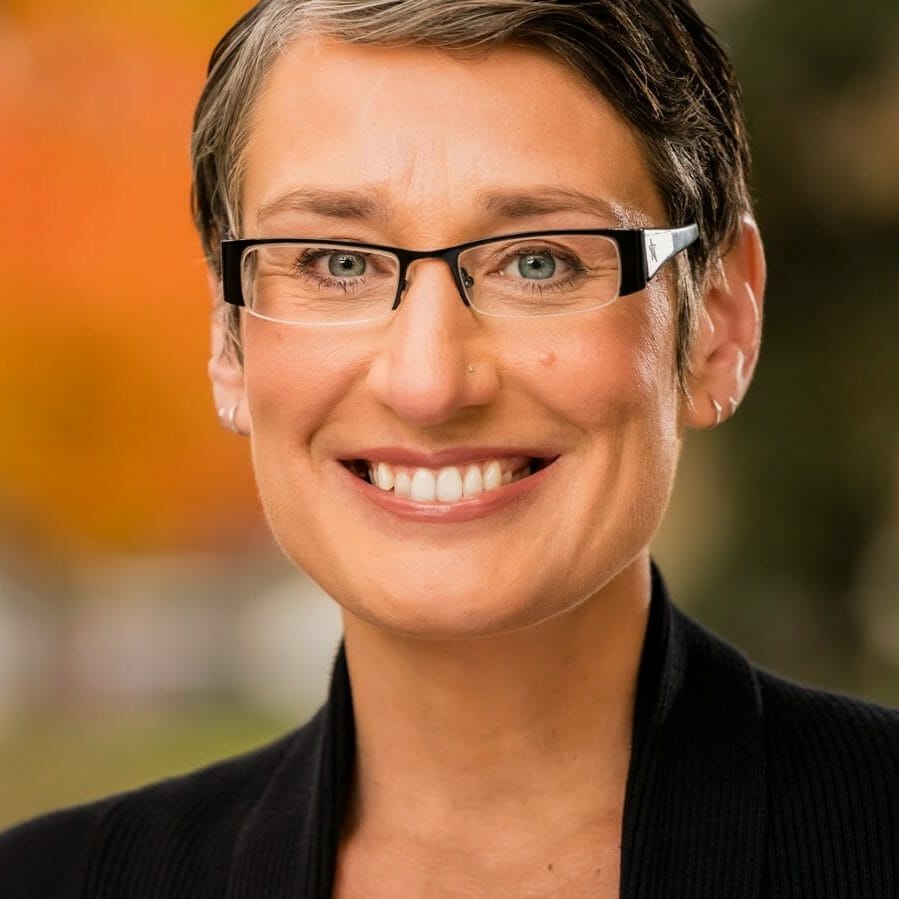The Department Chair as Talent Manager: A Discussion Series
Recorded on October 24, 2023 | Recorded on November 8, 2023 | Recorded on December 13, 2023 | Recorded on February 5, 2024 | Recorded on February 14, 2024 | Recorded on March 11, 2024 | Recorded on April 29, 2024 | Recorded on May 9, 2024
Take your leadership to the next level by joining us monthly throughout the academic year to discuss what it means to be a talent manager within your department.
Overview
Traditionally, the role of the department chair is to work directly with faculty and staff to create a meaningful and engaging experience for students. In recent years, however, there’s a growing need for department chairs to also serve as talent managers for faculty and staff. According to McKinsey and Company, “Talent management includes all the ways that organizations bring employees on board, keep them happy and productive and help them continue to develop their skills over time.” Specifically, there are five key focus areas of talent management, as follows:
- Finding and hiring the right people
- Creating opportunities for learning and growing
- Managing and rewarding performance
- Tailoring the employee experience
- Optimizing workforce planning and strategy
For many department chairs, the training, support, processes, and policies necessary to support this type of work may be lacking. But if the Great Resignation has taught us anything, it’s that we cannot delay this important work any longer.
To help you meet these challenges, join us online once a month throughout the academic year to discuss a new topic related to faculty and staff talent management. In these one-hour sessions, you’ll get tips and strategies from your peers and program facilitators that will help you to deliver on the five focus areas above.
How it Works
Each month throughout the academic year, we’ll be featuring a new topic related to faculty and staff talent management. Each session may look and feel a little different—but all sessions are designed to be discussion-based, so that you can join other department chairs from across the country in exchanging ideas, sharing current practices, and providing the space to ask questions. Sessions may include some combination of presentation, large-group discussion, and small-group breakouts.
You may choose to attend some or all of the discussion sessions. To get the most out of the series, we encourage you to attend all of them; however, if you can only attend one or two, you will still benefit from the information and collective dialogue involved.
Who Should Attend
This discussion series is specifically designed for any/all department chairs or program directors who are looking to better understand what it means to think like a talent manager. If you’re looking for new ways to recruit, manage, engage, motivate, and, most importantly, develop your faculty and/or staff, this discussion series is for you!
Academic deans, including associate/assistant deans, who are interested in supporting their department chairs in this work, will also benefit from this discussion series.
DISCUSSION 1
Attracting Faculty Talent: A Discussion for Department Chairs
Recorded on October 24, 2023
How are you responding to the current trends impacting faculty recruitment?
DISCUSSION 2
Explore the Power of Faculty Mentoring: A Discussion for Department Chairs
Recorded on November 8, 2023
Retain and build long-term capital with your faculty through mentoring.
DISCUSSION 3
Talent Management Through Delegation: A Discussion for Department Chairs
Recorded on December 13, 2023
Delegate in a way that prepares your faculty and staff for future career growth.
DISCUSSION 4
Managing Faculty Workloads: A Discussion for Department Chairs
Recorded on February 5, 2024
Develop an intentional talent management strategy through effective workload management.
DISCUSSION 5
The Art of Faculty Accountability
Recorded on February 14, 2024
Holding faculty accountable should signal a shared commitment to their growth and development.
DISCUSSION 6
Taking a Formative Assessment Approach to Annual Faculty Evaluations
Recorded on March 11, 2024
How do you ensure faculty reviews are positive, productive and supportive for all faculty?
DISCUSSION 7
Recognizing and Celebrating Faculty and Staff: A Panel Conversation
Recorded on April 29, 2024
Boost faculty and staff morale by developing a habit of appreciation and gratitude.
DISCUSSION 8
Feedback as a Faculty (Re)Engagement Strategy
Recorded on May 9, 2024
Are you concerned with how faculty will interpret feedback amid a challenging higher education climate?
Speakers

Russell Carpenter
Assistant Provost & Professor of English, Eastern Kentucky University
Learn More about Russell Carpenter
Marcela Kostihova
Dean, College of Liberal Arts, Hamline University
Learn More about Marcela Kostihova
Katharine E. Stewart, PhD, MPH
Senior Vice Provost for Faculty and Academic Affairs, North Carolina State University
Learn More about Katharine E. Stewart, PhD, MPH


